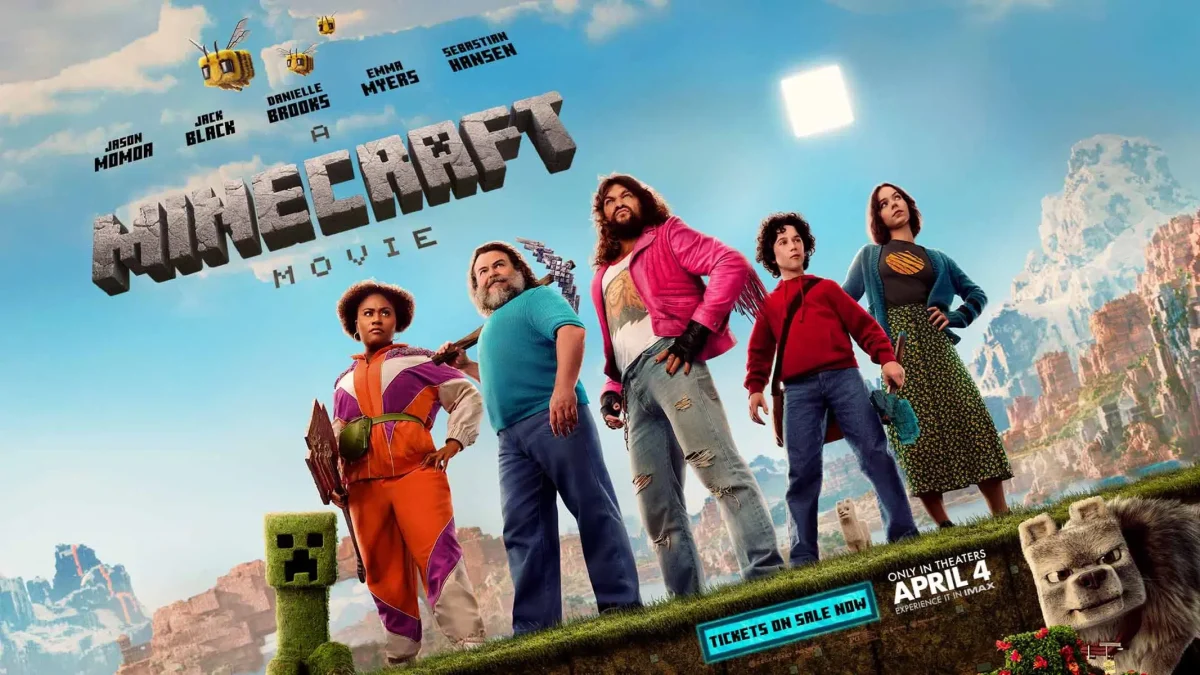Political correctness hurts free speech
While political correctness can help people feel accepted, it shuts down dialogue that actually leads to change.
With the Internet and mass media allowing access to a nearly limitless marketplace of ideas, people can now experience other cultures with just a few clicks. This invention has brought about a cultural shift with a general movement towards acceptance of others and political correctness.
While learning about new ideas and cultures is something incredible that everyone should take advantage of, the resulting stress on political correctness has gone too far. This harsh emphasis has gotten to the point where speech—even casual conversations—are subject to merciless ridicule. This shaming of cultural insensitivity shuts down a lot of the necessary dialogue about delicate issues that actually helps lead to change.
While many people who try to be politically correct are only attempting to be inclusive, President George HW Bush believes that the practice can be disenfranchising: “The notion of political correctness…declares certain topics off-limits, certain expressions off-limits, even certain gestures off-limits. What began as a crusade for civility has soured into a cause of conflict and even censorship.”
In a country who dedicates its first amendment to the protection of free speech, it is baffling that the idea of government censorship is even considered—but it is. For example, a Pew Research study found that 40% of American millennials thought that the government should be able to censor people from saying offensive things to minorities, compared with about 20% of their parents, and 12% of their grandparents.
While I don’t agree with the hateful misuse of speech, the freedom to speak it must be protected, so we don’t risk losing all speech.
Political correctness is alive and well in our society today, and unfortunately its progression seems to be tied to the limiting of free speech. Instead of shutting down people who “offend” others, those of us committed to political correctness should try to have more discussions and promote conversations to make change. We all come from different backgrounds that affect how we form our opinions, so sharing the reasoning behind an opinion and then backing it up makes more progress than senseless bickering.
Our society is transitioning to be more global in its reach, and we are going to have to deal with meeting and experiencing countless different peoples and cultures. Consequently, we have to make sure that we can work together, learn from one another, listen to one another, and hopefully get along just a little bit better than we have in the past.




































![Teacher Lore: Mr. Hillman [Podcast]](https://bsmknighterrant.org/wp-content/uploads/2025/03/teacherlorelogo-1200x685.png)





Rachel Lyons • Oct 3, 2016 at 3:34 pm
Dave, I think you are referring to the ban of “safe spaces” in U Chicago. While this ban is loosely related to the topics in this article, I think the basis for this ban is much more than simply a dislike of political correctness. This ban of safe spaces is supposedly going to make room for unpopular discussions and prevent the sheltering of students who might be a part of such spaces deemed overly coddling. This ban is based on the assumption that safe spaces aren’t bipartisan, prevent debate, and reject minority voices. This assumption is false. Safe spaces are called “safe” precisely because they create environments where it is okay to speak one’s mind. Oftentimes, they are composed of students who are usually a part of a minority in their daily lives, whether that be because of the color of their skin or their sexual identity or some other personal characteristic that marks their identity. Take, for example, a dedicated space for women of color. To say that such a group is sheltering and out of touch with reality is naive; such students probably deal discrimination and micro-aggressions every day in and out of classes. Creating a space where those women are, for once, not a minority isn’t just healthy, it’s necessary. Perhaps a more appropriate name for such spaces is “brave spaces.” These spaces create conversation, not stifle it. I’d also like to make a distinction between free speech and hate speech, which is not protected in any way by the First Amendment (something the author of this article left out of his argument). Hate speech, which is often directed at minorities is not something anyone should ever tolerate. It’s also important to point out that, although becoming a value in our society, “political correctness” is not something legally enforced. Rather, it’s something that is being encouraged as our society becomes more and more diverse. Lucas points out that cultural awareness is important. I ask in response, how can one be culturally aware if he or she doesn’t know or use the proper language to describe said culture? I’m not calling for the attack of individuals who may mistakenly use the wrong words to express their opinions, but there is nothing wrong with pointing out mistakes and educating our friends who may have incorrectly labelled someone or some group. Time’s are changing, and it’s no longer okay to knowingly remain in ignorance just because you are afraid to admit that the language you use may hold bias. Debate and argument will never disappear from our culture just because we choose to use politically correct language.
Dave Roy • Sep 14, 2016 at 10:53 am
Great opinion piece. If only all schools would follow what the U of Chicago told incoming students this fall, the campuses around the country would be more open to dialogue. What is happening on most campuses is frightening with the suppression of speakers who people may not agree with. Here is a link to the letter sent to students at the Chicago campus:
http://www.chicagotribune.com/news/local/breaking/ct-university-of-chicago-safe-spaces-letter-met-20160825-story.html
Mary L Tucker • Sep 13, 2016 at 8:41 pm
Great article Lucas. One has to be open to new ideas and dialogue to foster real change to a new global society.